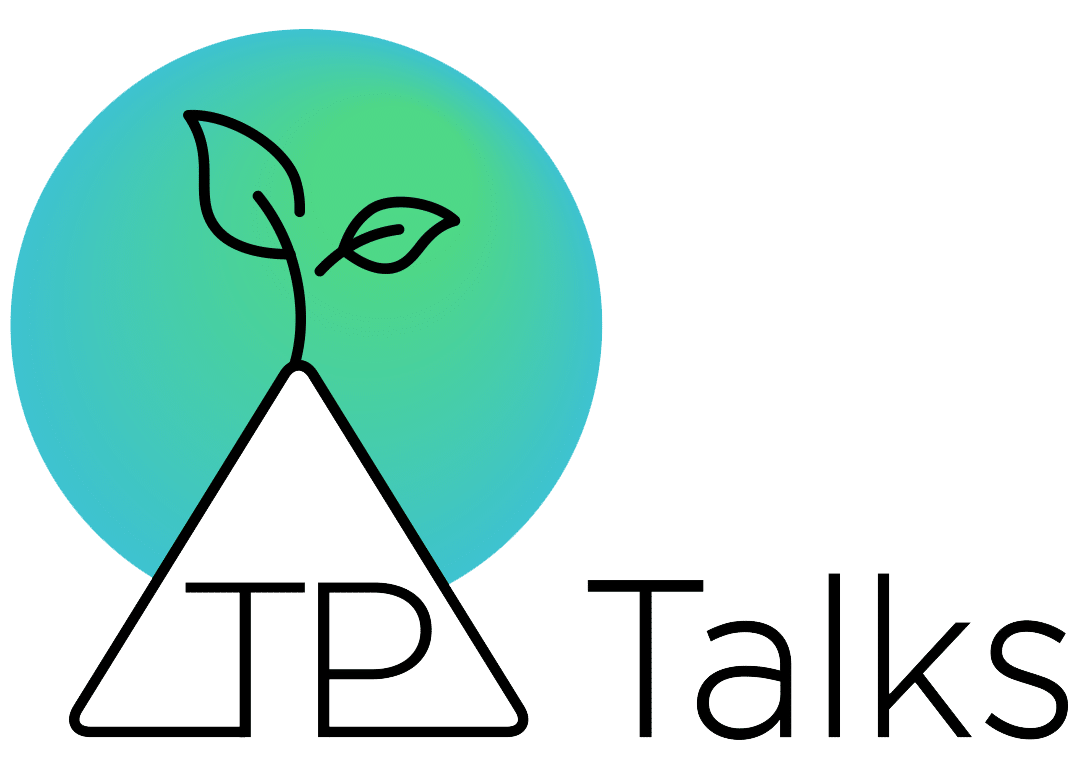I remember tasting my first éclair au chocolat in high school French class in Milwaukee. I was bussed in to learn the language I fell in love with at 16 while watching “Jules et Jim” with a Swedish friend. I had such vivid dreams of Paris—eating pastries, strolling down the Champs-Élysées, sipping coffee while watching passersby. The éclair became my symbol of the perfect French life.
Eventually, I got my wish—though the reality was far less sweet than my teenage fantasies.
When Éclair Dreams Meet Expat Reality
After four years, two kids, and a couple of jobs, my partner and I packed our lives into a shipping container and said goodbye to family. Both of us are children of immigrant families and AdultTCKs ourselves—multilingual, adaptable, adventure-loving. But nothing prepared us for the challenge of actual life in France.
We had checked all the typical boxes for successful expatriation:
- Family alignment and excitement? ✓
- Housing, schools, and healthcare arranged? ✓
But there was nothing sweet or light about navigating French bureaucracy. My studies of Balzac and semester in Paris hadn’t prepared me for finding a doctor in France, much less a job. We landed in Nancy, in the eastern part—far from the cosmopolitan Paris of my éclair dreams.
The Three Hidden Challenges No One Warns You About
Research identifies three key emotional hurdles TCK families face:
- Unrecognized Grief (93% of TCKs): International moves involve significant losses—communication ease, professional networks, family milestones—often dismissed as “first world problems.” Even though we spoke English, Spanish, Slovene, and some French, speaking “like a book” doesn’t work when making friends. It’s awkward and you stand out. Taking language classes with real people, not just Duolingo alone, proved much more fruitful.
- Cultural Adaptation Fatigue: Constant adjustments reduce decision-making confidence (31%), emotional regulation (23%), and executive function (15%). Visiting and living are entirely different experiences. Sharing job hunting frustrations wasn’t understood the same way by French locals as by us—frustrating in and of itself. Different cultures process and express emotions differently, something statistics don’t capture.
- The Belonging Paradox: 72% of adult TCKs report feeling most comfortable with other globally mobile people. Although we were used to never fully belonging anywhere, we became “an island in the stream”—odd and isolated—creating family stress situations, even though our children seemed remarkably unfazed.
From Collapsed Soufflés to Sweet Success
The biggest mistake I made? Trying to navigate everything alone. When my DIY approach to mobility led to imposter syndrome, I retreated—my French éclair dreams deflating like a failed soufflé.
The turning point came when I found a coach who understood TCK experiences. Rather than another checklist, she helped me:
- Reframe my job search strategy — In France, I discovered my résumé meant little without personal connections. Once I stopped applying online and focused on building relationships first, opportunities emerged. I never needed a formal CV—only to finalize employment contracts after networking opened doors.
- Approach language learning strategically — Moving beyond textbook French to conversational fluency required immersion, not just apps. Taking cooking classes taught me more useful language than formal lessons, while providing cultural context and natural networking opportunities.
- Identify key community connectors — Every community has “bridge people” who link different groups. Finding just one person who introduced me to others dramatically expanded my network. These connectors often weren’t the most obvious expat group leaders, but rather locals with international experience.
What Your Family Needs to Know
If you’re considering an international move:
- Cultural understanding matters more than logistics — I learned that knowing how to file taxes is far less important than understanding why my neighbor seemed offended when I declined her dinner invitation. The unwritten social codes impact daily life more than any procedural knowledge.
- Connect with other TCKs and expats immediately — Finding just two expat families in our village made all the difference. They validated our experiences and provided a safe space to process cultural confusion without judgment. This network becomes your emotional lifeline.
- Acknowledge losses alongside gains — When I finally allowed myself to grieve missing my sister’s wedding instead of just focusing on the “amazing opportunity” of living abroad, I could actually start enjoying France. Recognizing loss doesn’t mean you’re ungrateful.
- Seek specialized support from those who understand the TCK experience — My regular therapist back home couldn’t grasp why I was struggling in “beautiful France,” but a coach familiar with cultural transition recognized my symptoms immediately. Find someone who speaks your emotional language.
Life abroad may not be as sweet and perfect as that first éclair, but with the right preparation and support, it can become a rich and multilayered experience that’s ultimately more satisfying than any pastry.
Tricky managing international transitions? Let’s chat, join me directly right here: tanyapodvrsan@tptalks.com
Stay up to date and never miss out.
Working across cultures isn’t easy. Our newsletter brings you practical insights on recruitment, onboarding, and outplacement—plus tools to help you manage international teams with confidence. Join today and stay ahead in global business.


